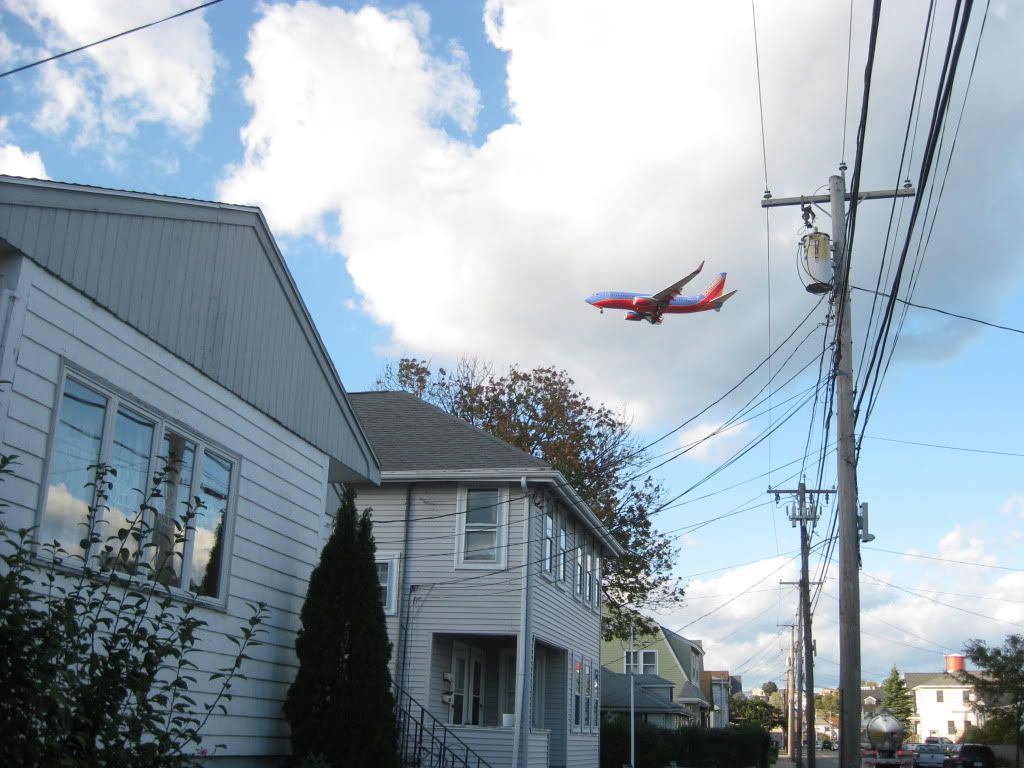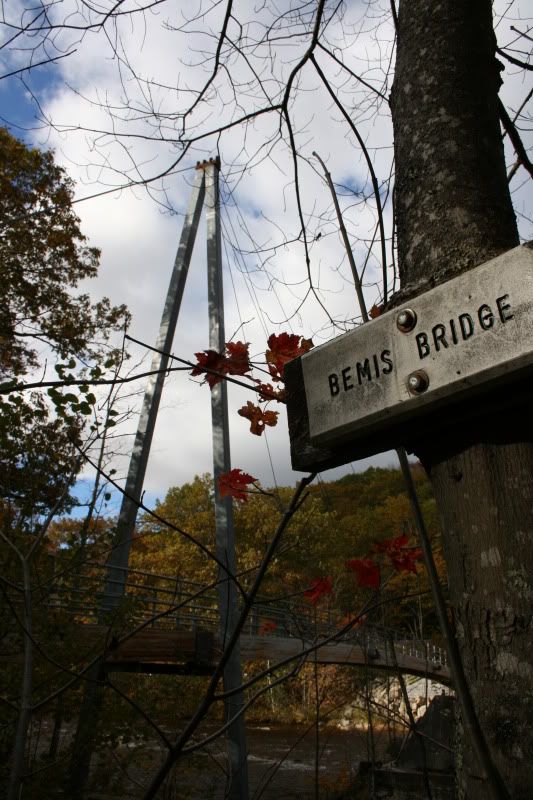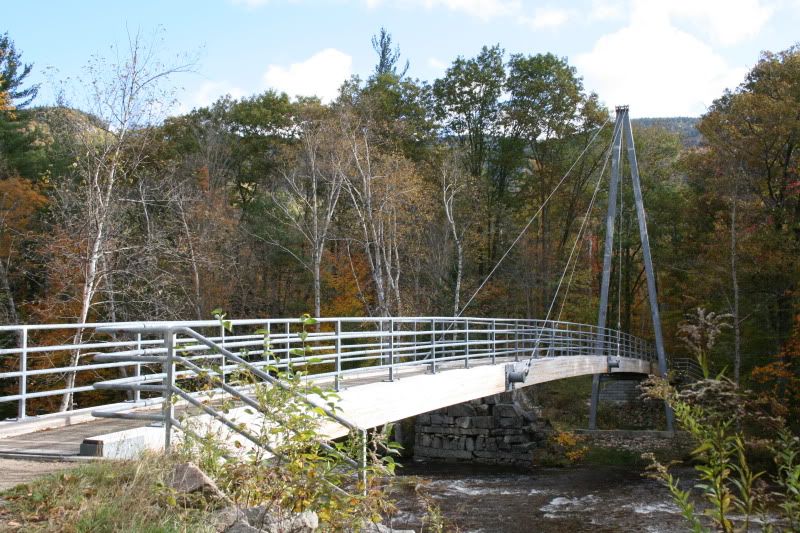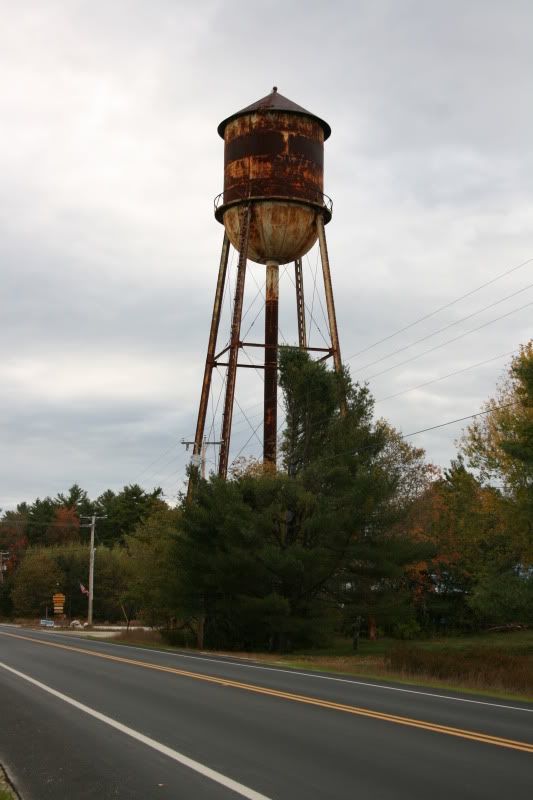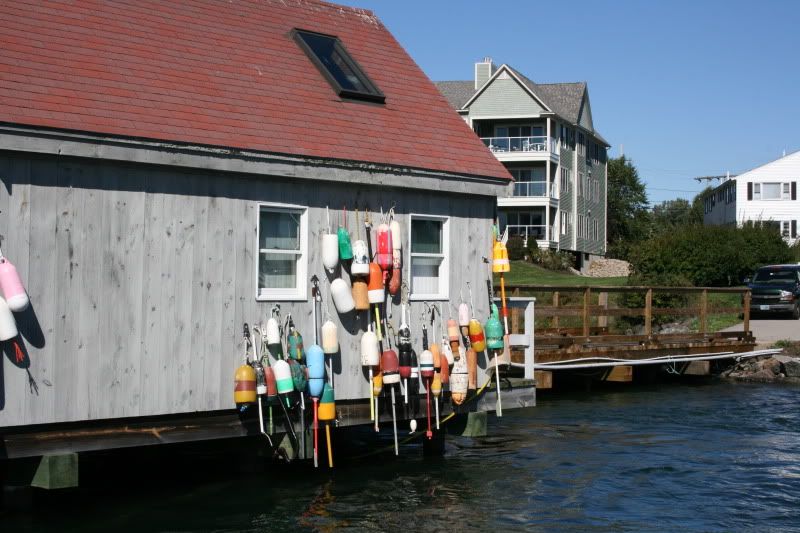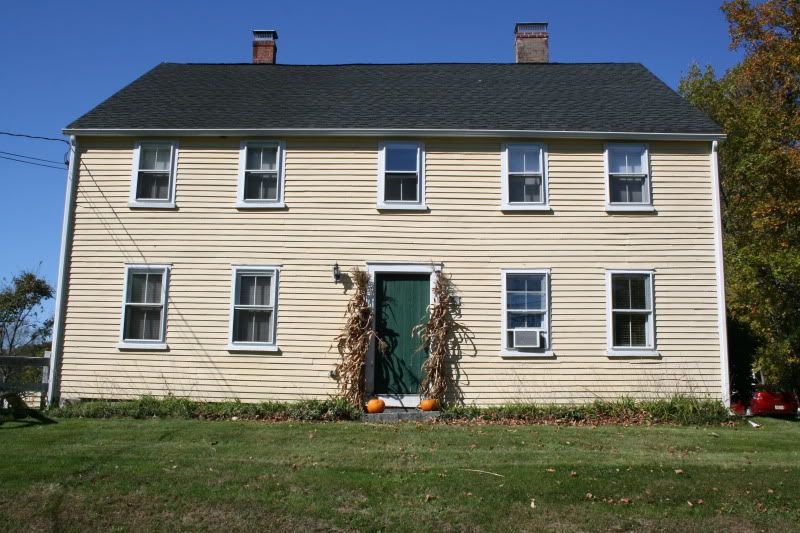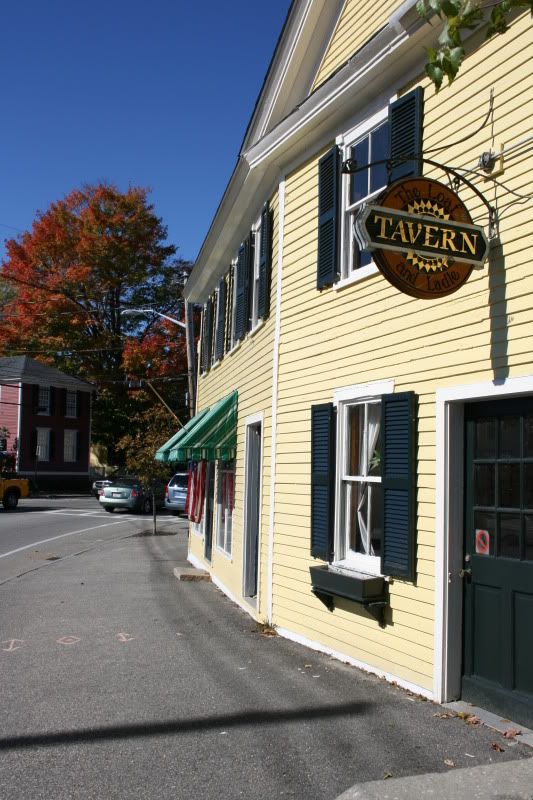Personally, I'm fascinated by Hartford. I've been about 2 or 3 times in my life, but never as an "observer." I really know nothing about it.
As far as Hartford doing what Providence has done, I would think (speculating here) that the fact that Providence is a Seaport as well as having Brown, RISD, JWU (which isn't a spectacular school, but does a lot for the city), PC, and other smaller and satellite schools give it an edge over Hartford in that regard. It's also on a much busier traffic corridor (rail, air, sea and road). Providence may sit in the shadow of Boston, but it's not competing with a nearly identically sized city 20-25 minutes away (Springfield).
Again, I don't know much at all about Hartford, but that would be my impression. As far as the "bones" go, don't most old industrial cities have good bones? Most of them were built relatively densely and many have some fairly beautiful old homes and neighborhoods due to the money involved with industry. Usually the cities that do rebound from the demise of industry have some other x-factors going for them aside from good bones. I don't know that Hartford has enough, especially when you look at what it's up against (Springfield and to a degree New Haven nearby).
I read that article with fascination but didn't put too much stock into it. It doesn't take a genius to understand that Detroit is in trouble. Its economy was largely one dimensional and as that particular industry suffers so does the city. I think Detroit will downsize and find some sort of niche as a much smaller, much less significant city.
New Orleans is an interesting case though. I've never been to the city but am going on Sunday and can't wait to see for myself. I have a conference, but only for 2 days. I'm taking the rest of the week to see the city and region. I still won't have memories of NOLA from the pre-Katrina years, but I will have a better understanding when I return.




